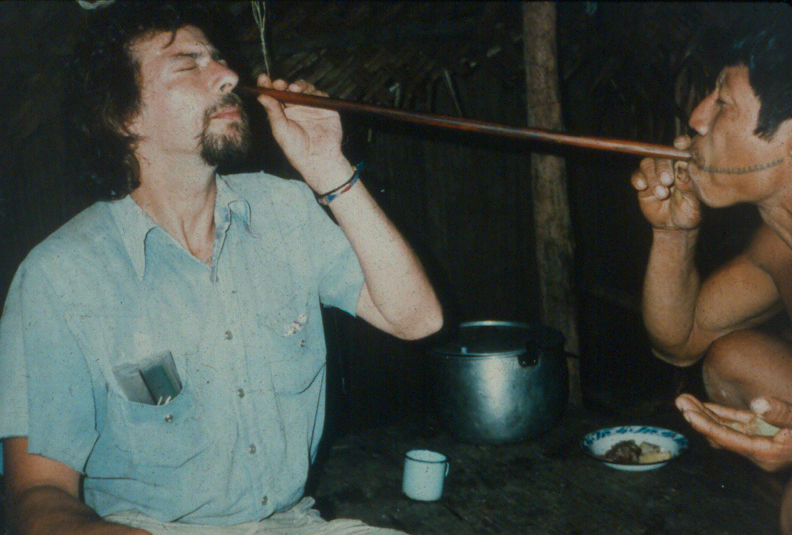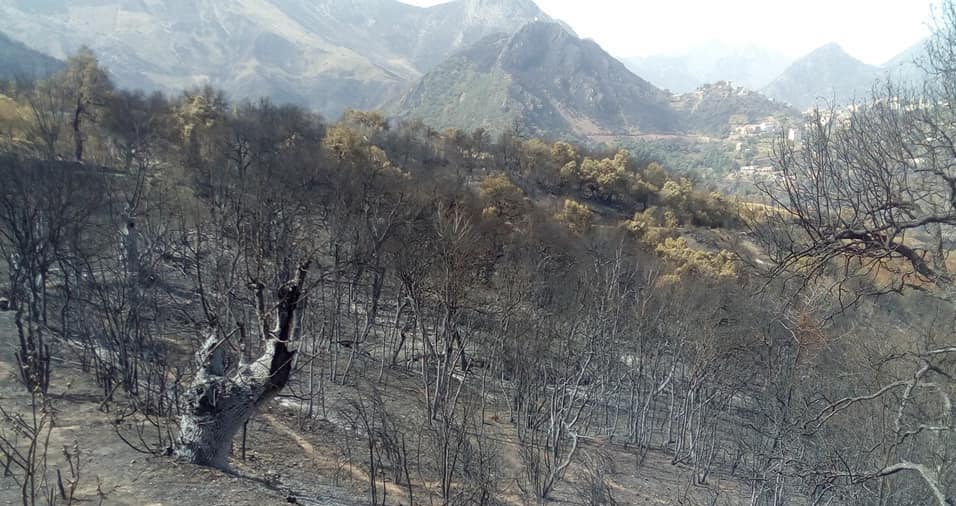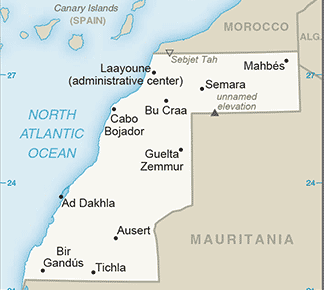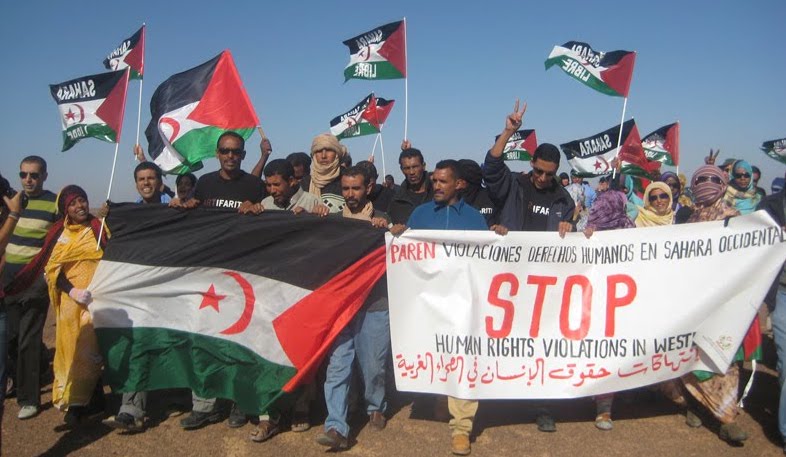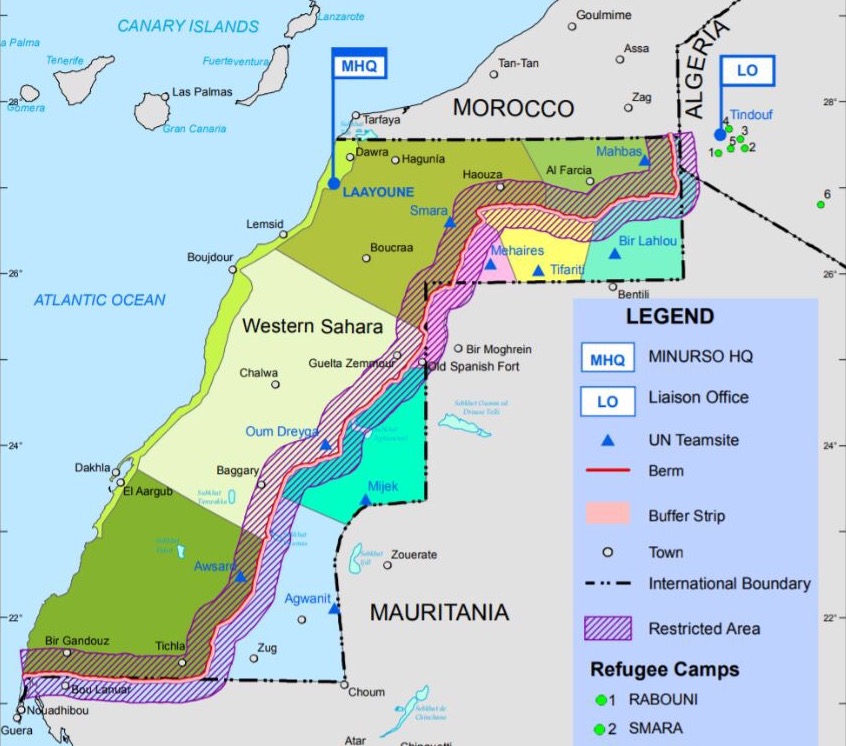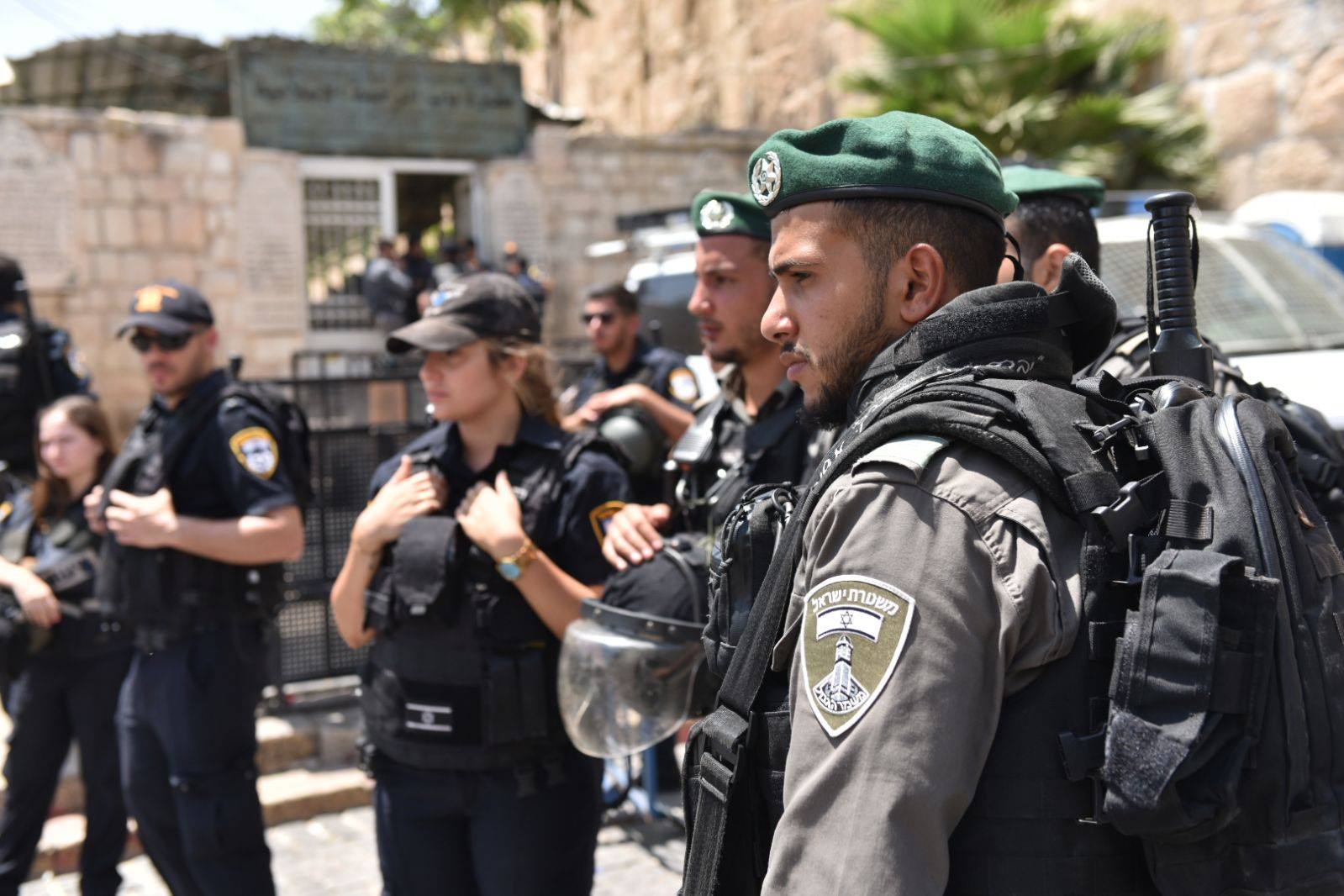
Israel: detention of ‘terror suspects’ without charge
Israeli Prime Minister Naftali Bennett instructed security services to hold “terror suspects” in “administrative detention,” even without charge. The order extends to Palestinians in Israel a policy long applied to Palestinians on the West Bank. Bennett cited “a new situation that requires suitable preparations and adjustment by the security services to the circumstances within which extremist elements of Arab society, directed by extremist Islamic ideology, are carrying out terror attacks and taking lives.” The order follows deadly attacks by Israeli citizens who were said to be supporters of the so-called “Islamic State.” (Photo: Wikimedia)



